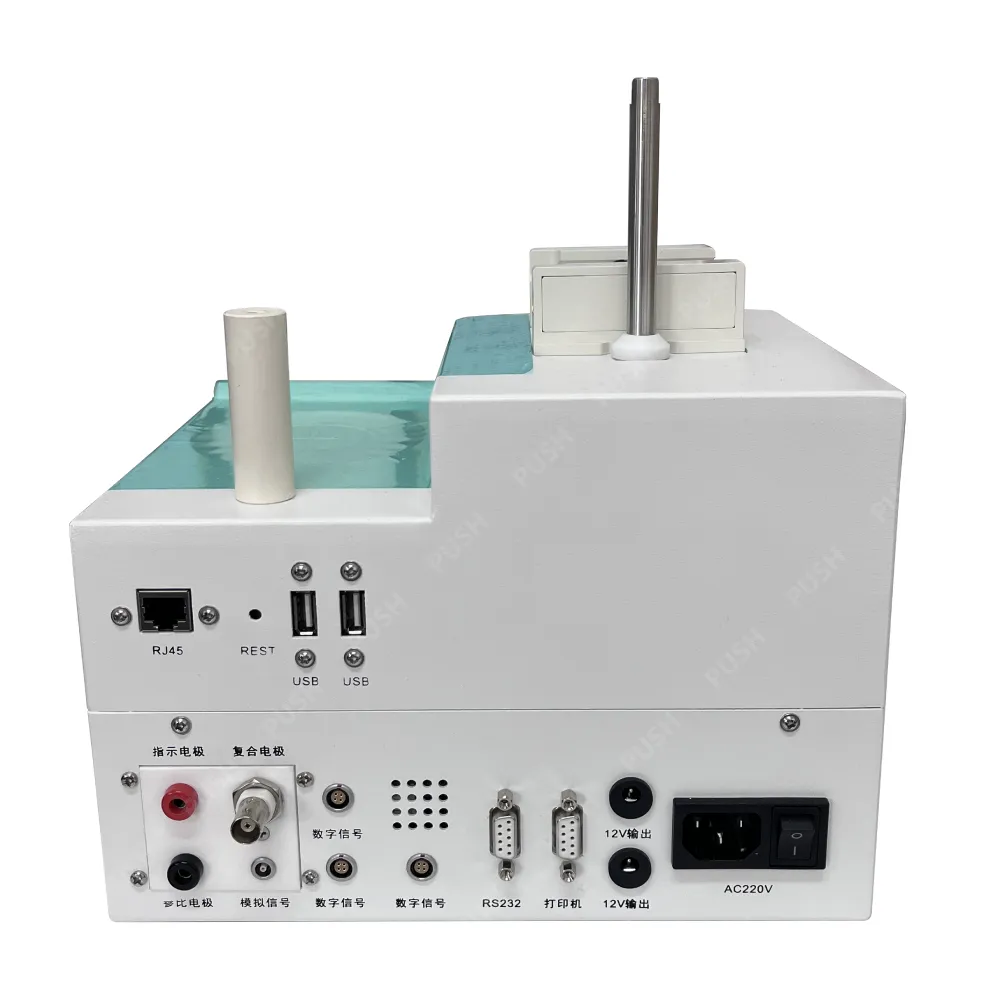 English
English


Understanding the Importance of Dissipation Factor and Tan Delta in Material Analysis
Understanding Dissipation Factor and Its Importance in Electrical Engineering
Understanding Dissipation Factor and Its Importance in Electrical Engineering
In practical applications, the dissipation factor is an essential aspect of capacitor performance. A lower tan δ value signifies that the capacitor is more efficient, with minimal energy being lost as heat. This efficiency is critical in circuits where energy conservation is paramount, such as in power supplies and signal processing equipment. High tan δ values can lead to increased heating and reduced reliability, causing premature failure and degradation of the component.
dissipation factor tan delta

Measuring the dissipation factor involves applying an AC voltage to the capacitor and analyzing the resulting phase angle between voltage and current. The phase angle indicates how much of the current is resistive versus reactive. Usually, a test frequency of 60 Hz to several kilohertz is employed, depending on the application. The results guide engineers in selecting appropriate materials for insulation and capacitor designs to ensure efficiency and longevity.
Moreover, the dissipation factor plays a significant role in evaluating insulating materials used in electrical systems. Materials with a high tan δ may not only lead to energy losses but can also compromise the insulation's performance, increasing the risk of breakdowns and failures. Therefore, understanding and managing the dissipation factor is vital for ensuring the reliability and efficiency of electrical systems.
In conclusion, the dissipation factor (tan δ) is a fundamental characteristic in electrical engineering, serving as an indicator of energy loss in capacitive and insulating materials. Its significance spans across various applications, from the design of energy-efficient capacitors to ensuring the performance of insulation in high-voltage systems. Engineers must account for this factor during the design and testing phases to optimize performance and enhance the longevity of electrical components. By prioritizing materials and components with low dissipation factors, we can improve the overall efficiency of electrical systems and reduce energy loss effectively.
-
Differences between open cup flash point tester and closed cup flash point testerNewsOct.31,2024
-
The Reliable Load Tap ChangerNewsOct.23,2024
-
The Essential Guide to Hipot TestersNewsOct.23,2024
-
The Digital Insulation TesterNewsOct.23,2024
-
The Best Earth Loop Impedance Tester for SaleNewsOct.23,2024
-
Tan Delta Tester--The Essential Tool for Electrical Insulation TestingNewsOct.23,2024





